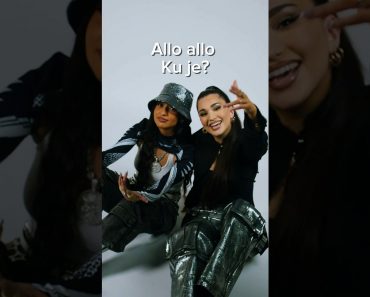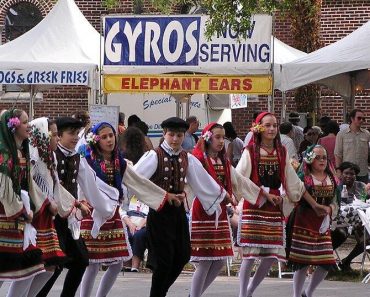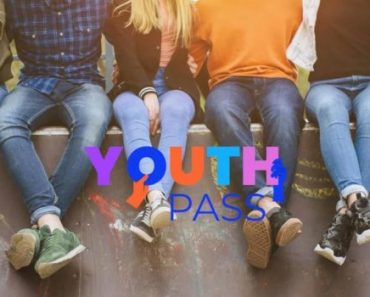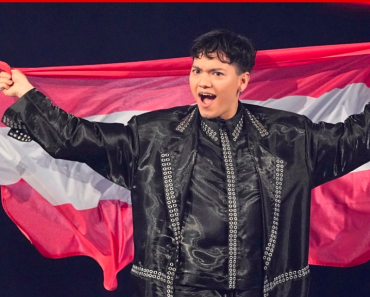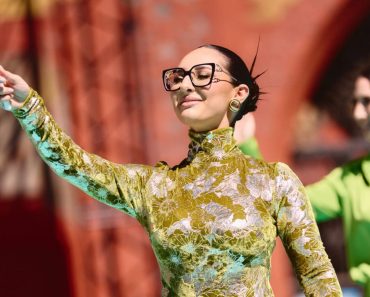The Eurovision Song Contest 2025 is getting a rule refresh, with organizers clamping down on anything that could be seen as political from performers. This comes after some controversies and increased attention on the contest’s political side.
Switzerland’s SRG SSR, working with the European Broadcasting Union (EBU), has put in place some new rules. For example, there won’t be any press conferences after the shows. Also, performers can only show their national flags in official Eurovision areas like the stage, the green room, and at the opening.
Interestingly, audience members will now be able wave any flag that’s legal in Switzerland, including Palestinian and LGBTQ+ Pride flags. Some human rights and LGBTQ+ groups aren’t happy about the different rules for performers, saying it limits expression and goes against Eurovision’s history of being inclusive.
In previous years there was a prohibition of flags of non-competing countries and territories, including from audience members, meaning that Palestinian flags were banned.
The stricter flag rules are reportedly a response to what happened at Eurovision 2024. In 2024 There were protests about Israel’s participation because of the conflict in Gaza, and some artists spoke out. For instance, Swedish artist Eric Saade wore a keffiyeh during the semifinals, and Irish performer Bambie Thug spoke out against banning flags.
The EBU says Eurovision remains a non-political event. The EBU hasn’t said exactly what will happen if someone breaks the rules, only that there “will be consequences.”


